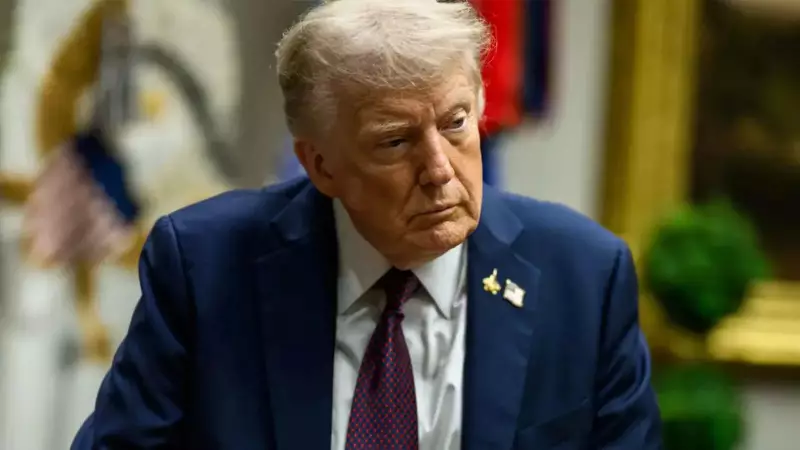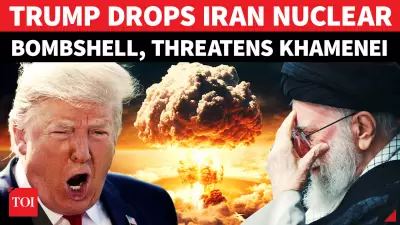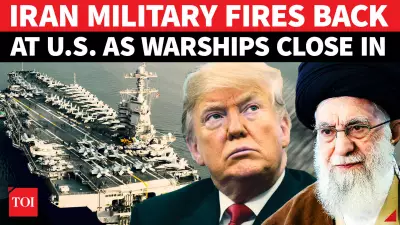
In a significant development that could impact thousands of Indian students aspiring to study in the United States, prominent American universities are pushing back against former President Donald Trump's controversial higher education initiative. The policy, which critics have labeled as an attempt to enforce 'patriotic education,' is facing widespread resistance from academic institutions across the country.
What is Trump's Controversial Education Compact?
The proposed policy, officially called the 'President's Advisory 1776 Commission,' aimed to promote what the Trump administration described as 'patriotic education' in American universities. The initiative sought to emphasize particular historical narratives while discouraging certain critical perspectives on American history, particularly those related to race and social justice movements.
Why Are Universities Resisting?
Academic leaders from multiple prestigious institutions have voiced strong objections to the policy, citing several key concerns:
- Academic Freedom Threat: Universities argue the policy could undermine the fundamental principle of academic freedom that has long been the cornerstone of American higher education
- Political Interference: Many educators see the initiative as inappropriate political interference in educational content and curriculum development
- Diversity Concerns: The policy has raised alarms about potentially limiting diverse perspectives and critical discussions about American history
- International Reputation: Institutions worry about how such policies might affect their global standing and attractiveness to international students
Implications for Indian Students
For Indian students considering American universities, this development carries significant importance:
- Quality Assurance: The universities' stance reaffirms their commitment to maintaining educational standards and intellectual diversity
- Campus Environment: It signals that campuses will likely continue to foster environments where diverse viewpoints can be discussed openly
- Admission Prospects: The resistance suggests that admission criteria and educational experiences will remain focused on academic merit rather than political considerations
- Long-term Value: Degrees from US institutions are likely to maintain their global recognition and value
The Bigger Picture
This confrontation between the Trump administration's vision and university autonomy represents more than just a policy disagreement. It touches on fundamental questions about the role of education in a democratic society and how nations choose to teach their history.
The widespread resistance from academic institutions demonstrates their commitment to preserving the integrity of higher education and maintaining the United States' position as a leading destination for international students, including the substantial Indian student community.
As the debate continues, prospective students and their families can take comfort in knowing that American universities remain vigilant about protecting educational quality and intellectual freedom—factors that have long made US education attractive to Indian students seeking global opportunities.






